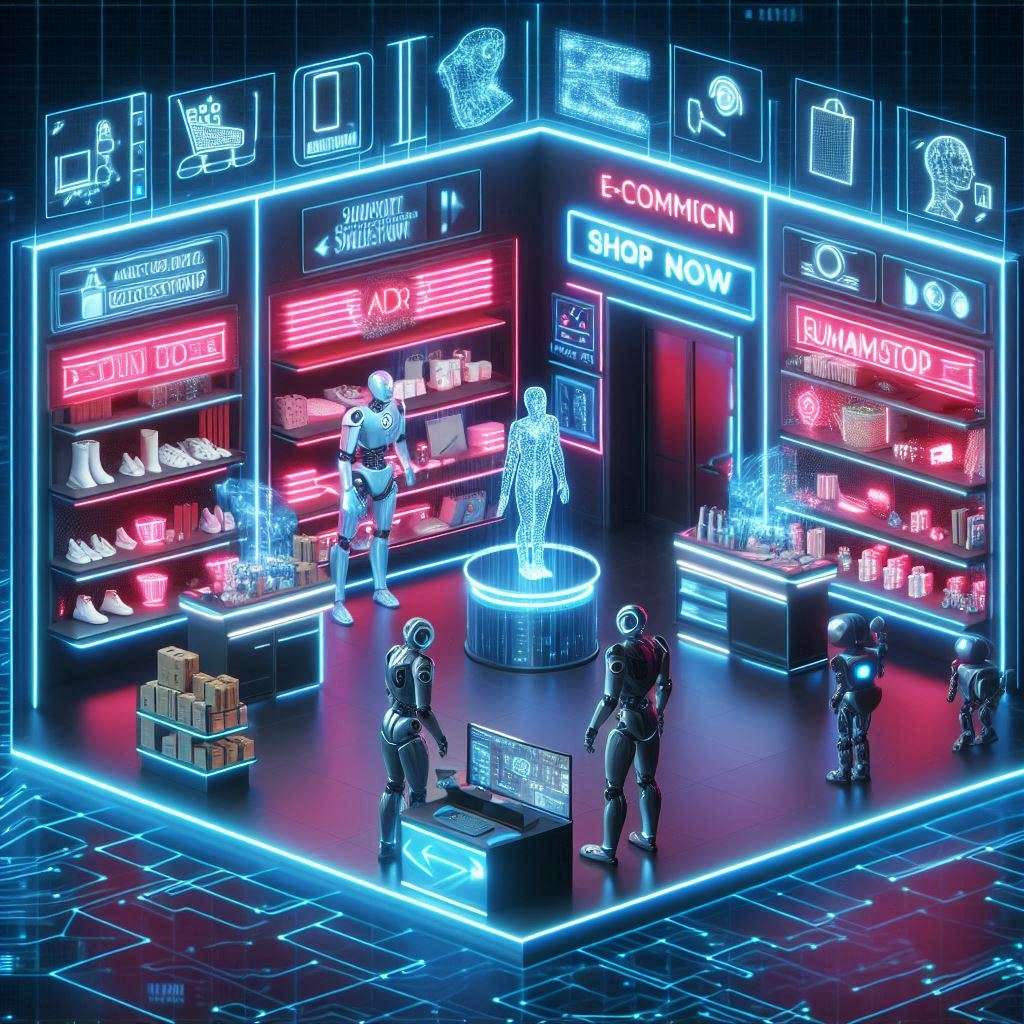7 Innovative Ways Blockchain is Changing the Future of Finance

7 Innovative Ways Blockchain is Changing the Future of Finance
Blockchain technology is rapidly transforming various industries, with finance being one of the most impacted sectors. From enhancing security to enabling faster transactions, blockchain is poised to redefine how financial systems operate. But what is blockchain? It’s a decentralized ledger technology that records transactions across many computers, making it difficult to alter or hack. This article explores seven innovative ways blockchain is changing the future of finance.
1. Enhancing Security and Reducing Fraud
Traditional financial systems often rely on centralized databases, making them vulnerable to hacking and fraud. Blockchain’s decentralized nature ensures that data is spread across multiple nodes, making it nearly impossible for hackers to compromise the system. This enhanced security is crucial for protecting sensitive financial information and reducing fraud.
How Blockchain Improves Security
Blockchain uses cryptographic techniques to secure transactions, ensuring that only authorized parties can access the data. Each transaction is linked to the previous one, creating a chain of secure records. This makes it extremely difficult for malicious actors to alter the data without being detected. The brand Web3 Career emphasizes the importance of understanding blockchain’s security features for anyone looking to build a career in this field.
2. Enabling Faster and Cheaper Cross-Border Payments
Cross-border payments have traditionally been slow and expensive due to the involvement of multiple intermediaries. Blockchain technology is changing this by enabling faster and cheaper transactions across borders. By eliminating intermediaries and using a decentralized network, blockchain reduces transaction times from days to minutes and significantly cuts costs.
Blockchain’s Role in Global Payments
Blockchain-based platforms like Ripple are already revolutionizing cross-border payments. These platforms use blockchain to facilitate real-time gross settlement systems, allowing financial institutions to transfer money instantly across borders. This innovation is particularly beneficial for remittances, where speed and cost are crucial factors.
3. Improving Transparency in Financial Transactions
Transparency is a critical aspect of financial systems, and blockchain excels in this area. All transactions on a blockchain are recorded on a public ledger, accessible to anyone.
The Impact on Auditing and Compliance
With blockchain, financial audits can be conducted more efficiently as all transaction data is readily available and immutable. Companies like Web3 Career are exploring how blockchain can streamline auditing processes for financial institutions.
4. Facilitating Smart Contracts
They automatically execute when the conditions are met, eliminating the need for intermediaries. This innovation is transforming industries such as insurance, real estate, and finance by reducing costs and improving efficiency.
Applications of Smart Contracts in Finance
In finance, smart contracts can be used for various purposes, including loan agreements, insurance claims, and automated payments. For instance, a smart contract could automatically transfer funds from a borrower to a lender once specific conditions are met, such as a due date or an interest rate change.
5. Revolutionizing Identity Verification
Identity verification is a critical aspect of financial transactions, especially in the digital age. Blockchain offers a secure and efficient way to verify identities by storing personal data in a decentralized manner.
Blockchain and Digital Identity
This innovation is particularly valuable in reducing the risk of identity fraud and enhancing the efficiency of Know Your Customer (KYC) processes. By leveraging blockchain for identity verification, financial institutions can improve security while reducing the time and cost associated with traditional methods.
6. Enabling Decentralized Finance (DeFi)
Decentralized Finance, or DeFi, is one of the most exciting innovations in the financial sector. DeFi leverages blockchain technology to create financial services that operate without intermediaries, such as banks or brokers. This new model of finance is opening up opportunities for individuals and businesses to access financial services in a more transparent and efficient way.
The Growth of DeFi Platforms
DeFi platforms offer a range of financial services, including lending, borrowing, and trading, all powered by blockchain. These platforms operate on smart contracts, ensuring that transactions are executed automatically and securely. The rise of DeFi is empowering individuals to take control of their financial activities, often at a lower cost than traditional financial services.
7. Transforming Asset Tokenization
This innovation is transforming the way assets are traded, offering greater liquidity and accessibility. Whether it’s real estate, art, or stocks, tokenization allows assets to be divided into smaller units, making them more accessible to a broader audience.
The Benefits of Asset Tokenization
Tokenization provides several benefits, including fractional ownership, increased liquidity, and faster transactions. For example, instead of purchasing an entire property, an investor can buy a fraction of it through tokens, reducing the barrier to entry. Asset tokenization is also making it easier to trade assets across borders, further enhancing the global financial market.
Conclusion
From enhancing security to enabling decentralized finance, the innovations driven by blockchain are setting new standards for efficiency, transparency, and accessibility in the financial sector. For those looking to build a career in this rapidly evolving field, understanding what is blockchain and its various applications is crucial. Web3 Career offers resources and insights for individuals interested in exploring the potential of blockchain in finance and beyond.
FAQs
What is Blockchain?
Blockchain is a decentralized ledger technology that records transactions across multiple computers, making it secure and transparent.
How does blockchain improve security in finance?
Blockchain improves security by using cryptographic techniques and decentralization, making it difficult for hackers to alter transaction data.
What is DeFi, and how is it related to blockchain?
DeFi, or Decentralized Finance, leverages blockchain technology to create financial services that operate without intermediaries like banks or brokers.
How does asset tokenization work in blockchain?
Asset tokenization involves converting physical or digital assets into tokens on a blockchain, allowing for fractional ownership and easier trading.
How can I learn more about blockchain and its applications in finance?
Web3 Career offers valuable resources and insights for individuals interested in exploring careers in blockchain and finance.